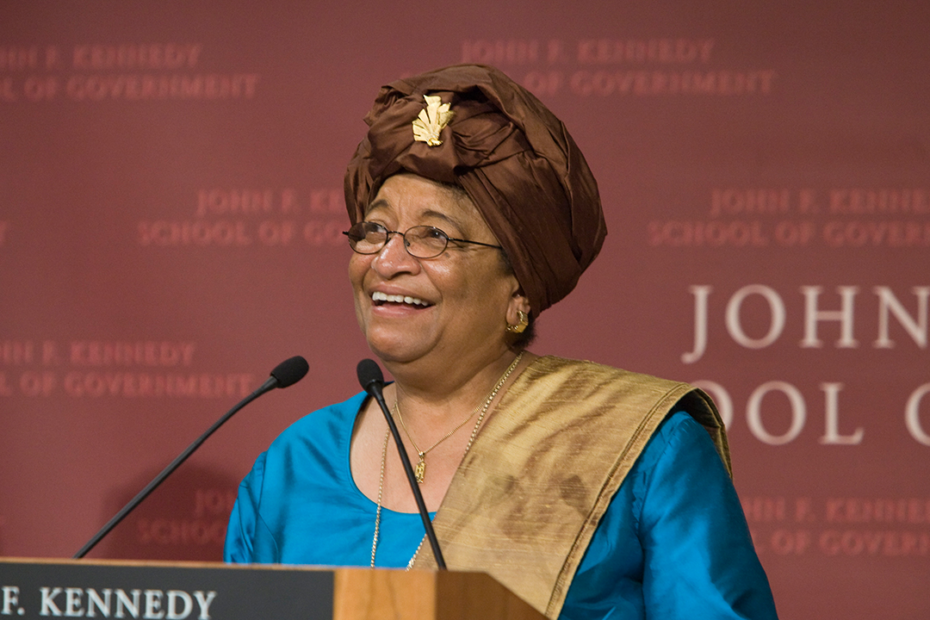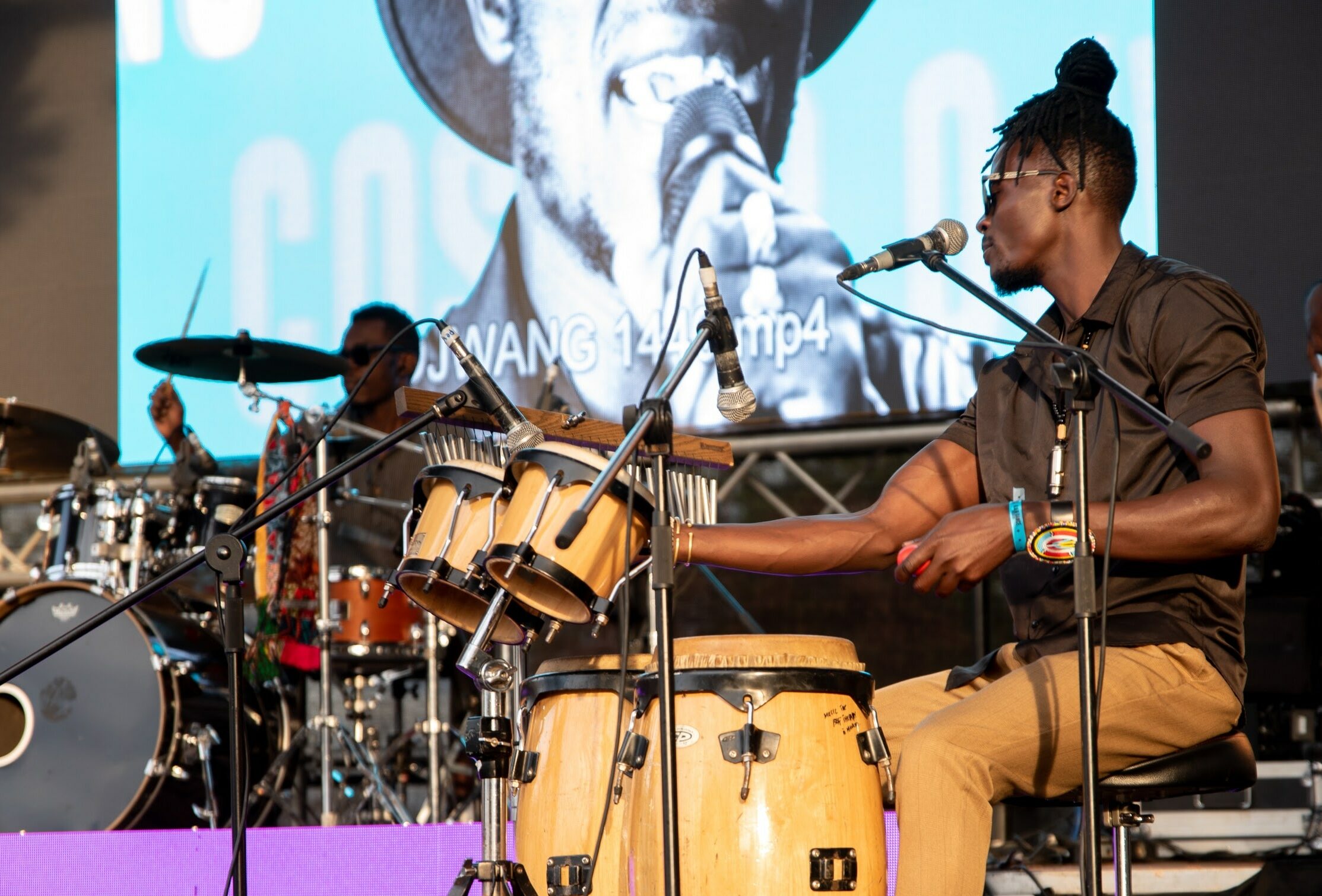The Nobel Peace Prize is a distinguished honor, signifying an immense contribution to the betterment of humanity. It has generally been awarded to multiple notable figures worldwide, among whom are quite a few African women. Through their relentless efforts and indomitable spirit, these women have significantly impacted peacekeeping, human rights, and developmental issues. Africa Lifestyle presents 5 African and African-born women Nobel laureates, honored over the decades for their contributions to philanthropy, chemistry, literature, physiology or medicine, and physics.
Women Nobel laureates
1. Leymah Gbowee
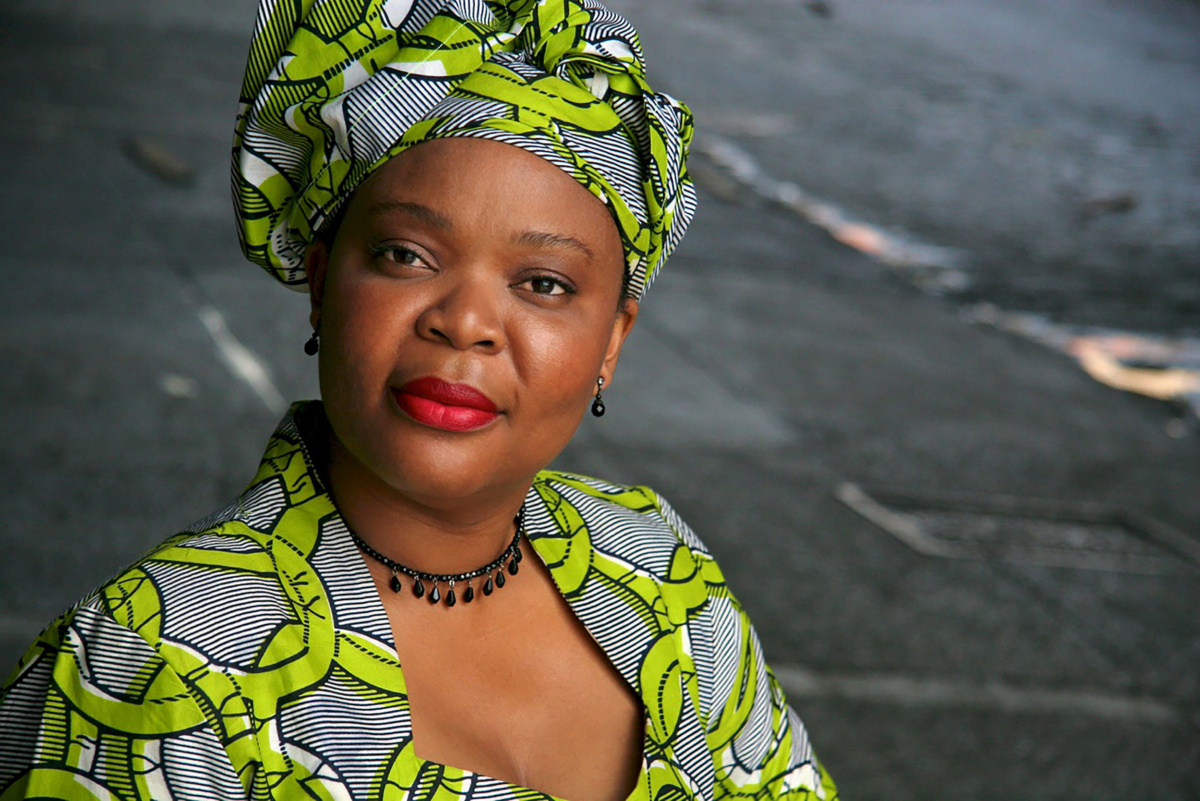
Leymah Gbowee, a Liberian social worker, won the Nobel Peace Prize in 2011 for her nonviolent struggle for the safety of women and women’s rights to full participation in peacebuilding work. Gbowee’s leadership of the Women of Liberia Mass Action for Peace – which brought together Christian and Muslim women – played a pivotal role in ending Liberia’s second civil war in 2003. This courageous woman resisted the brutality and injustices of war to foster peace, demonstrating an exceptional commitment to community mobilization and gender equality. Read Also: Women to Celebrate: 10 Inspiring African Women
2. Ellen Johnson Sirleaf
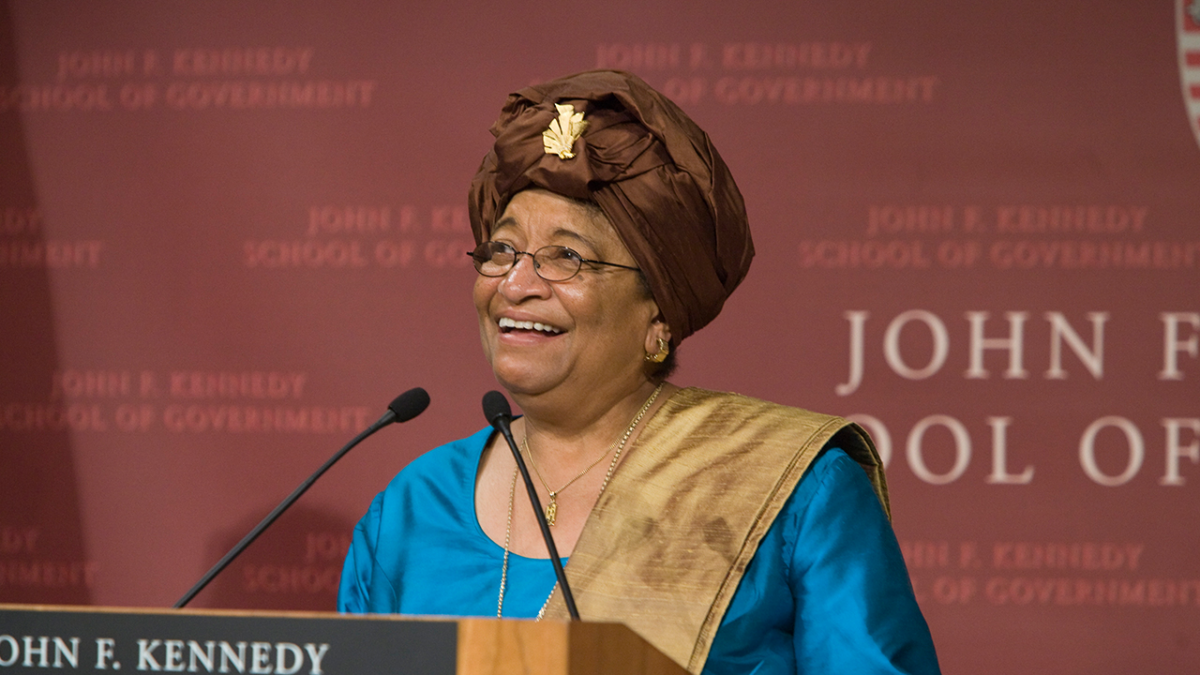
Ellen Johnson Sirleaf, also from Liberia, made history as Africa’s first elected female head of state. She was awarded the Nobel Peace Prize in 2011, sharing the honor with Leymah Gbowee for her tireless efforts to further social and economic development. In her tenure as President, Sirleaf was instrumental in maintaining peace after the devastating civil war in Liberia, fueling recovery through her initiatives for debt relief and educational reform. Her relentless pursuit of women’s empowerment and her transformative leadership have been a beacon of hope in a time of reconstruction and development.
3. Wangari Maathai
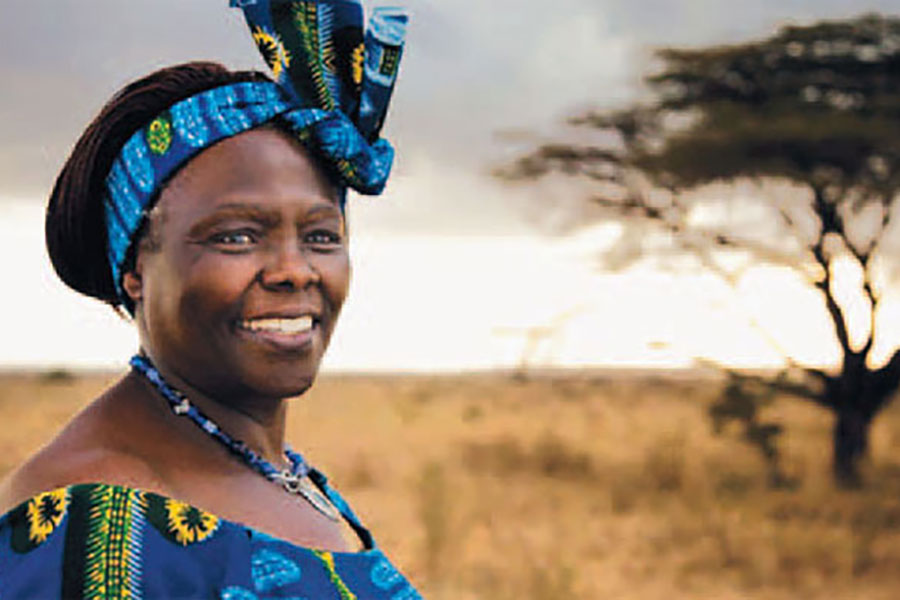
Wangari Maathai, a Kenyan environmentalist, was awarded the Nobel Peace Prize in 2004, becoming the first and only Kenyan to receive this honor. Maathai was the founder of the Green Belt Movement, an environmental organization focused on the planting of trees, environmental conservation, and women’s rights. Her work had an immense impact not only in combating deforestation but also in promoting sustainability and economic empowerment among rural women. Maathai’s dedication to environmental justice and her belief in the power of community-based change exemplify her outstanding contribution to peace and sustainability. Read Also: Environmental Pioneer: Wangari Maathai, a Remarkable Woman of Trees
4. Nadine Gordimer
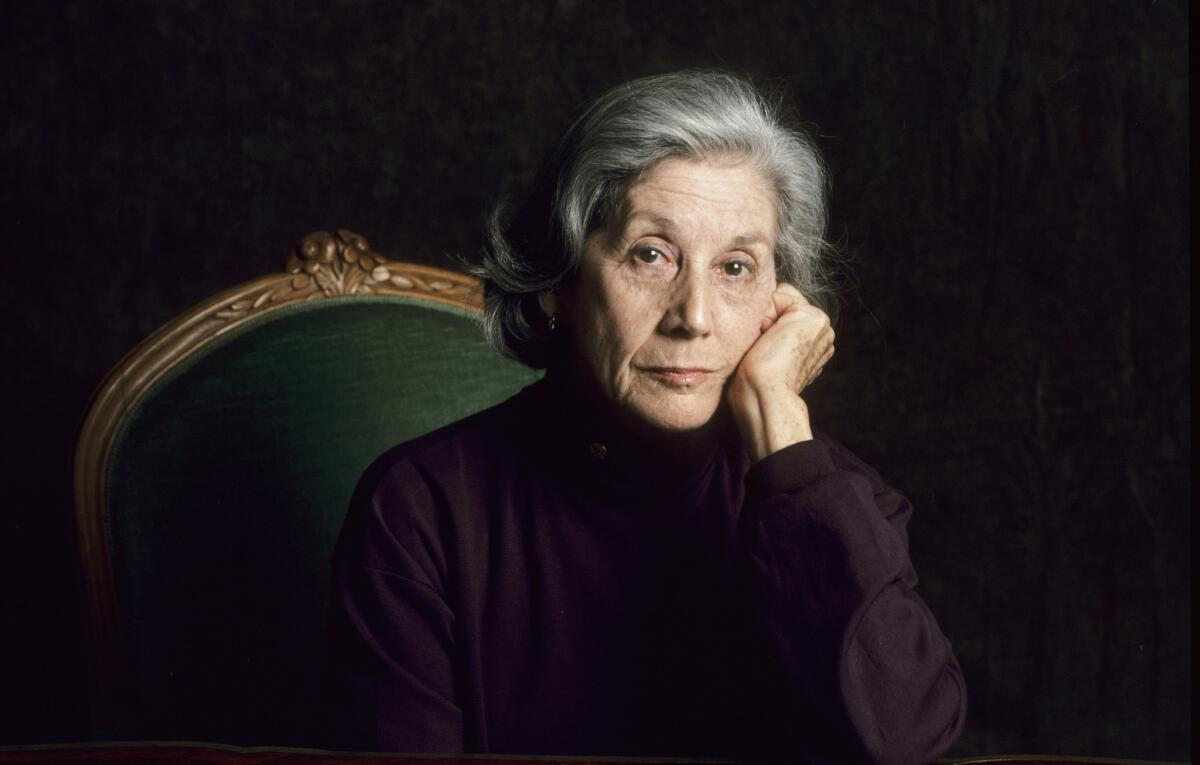
Nadine Gordimer, a South African writer, was awarded the Nobel Prize in Literature in 1991. Her profound body of work offers an insightful examination of the harsh realities of racial segregation and apartheid in South Africa. Gordimer’s writings, characterized by their narrative innovation and sociopolitical awareness, have significantly impacted the literature community, both locally and internationally. Her unflinching attention to the intricate dynamics of human relationships set against the backdrop of racial tension has garnered her widespread recognition. Finally, Gordimer’s literary prowess and her constant fight against racial discrimination make her one of the most notable African-born Nobel laureates.
5. Dorothy Crowfoot Hodgkin
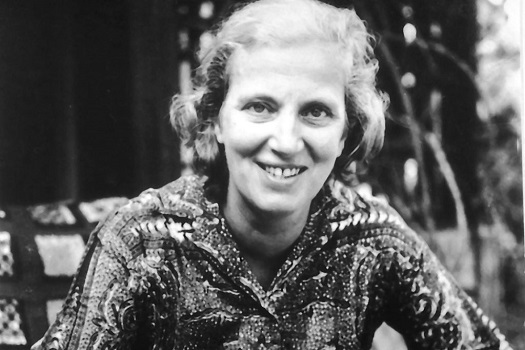
Dorothy Crowfoot Hodgkin, born in Cairo, Egypt, was an exceptional chemist who won the Nobel Prize in Chemistry in 1964. Hodgkin’s groundbreaking work in the field of X-ray crystallography led to the determination of the structure of vital biological compounds, including penicillin, vitamin B12, and insulin. Her pioneering research has had significant implications for understanding and treating many diseases, thereby profoundly impacting the medical field. Despite the cultural barriers and gender bias of her time, Hodgkin’s unwavering dedication and extraordinary scientific contributions have established her as a remarkable figure in the realm of chemistry. Her achievements continue to inspire and pave the way for future generations of scientists, particularly women in the STEM fields.
Bottom Line
The accomplishments of these five remarkable women serve as a testament to the powerful impact that individuals can have in their communities and on a global scale. Not only breaking barriers but also defying societal norms has paved the way for future generations to strive for excellence and contribute positively to society. These Nobel laureates continue to inspire us with their courage, determination, and unwavering dedication to improving the world. Let us celebrate and honor their remarkable achievements during Women’s History Month and every day. So here’s to these extraordinary African women who have won the Nobel Peace Prize – may their legacy continue to inspire future generations and lead us toward a more peaceful and equitable world.

